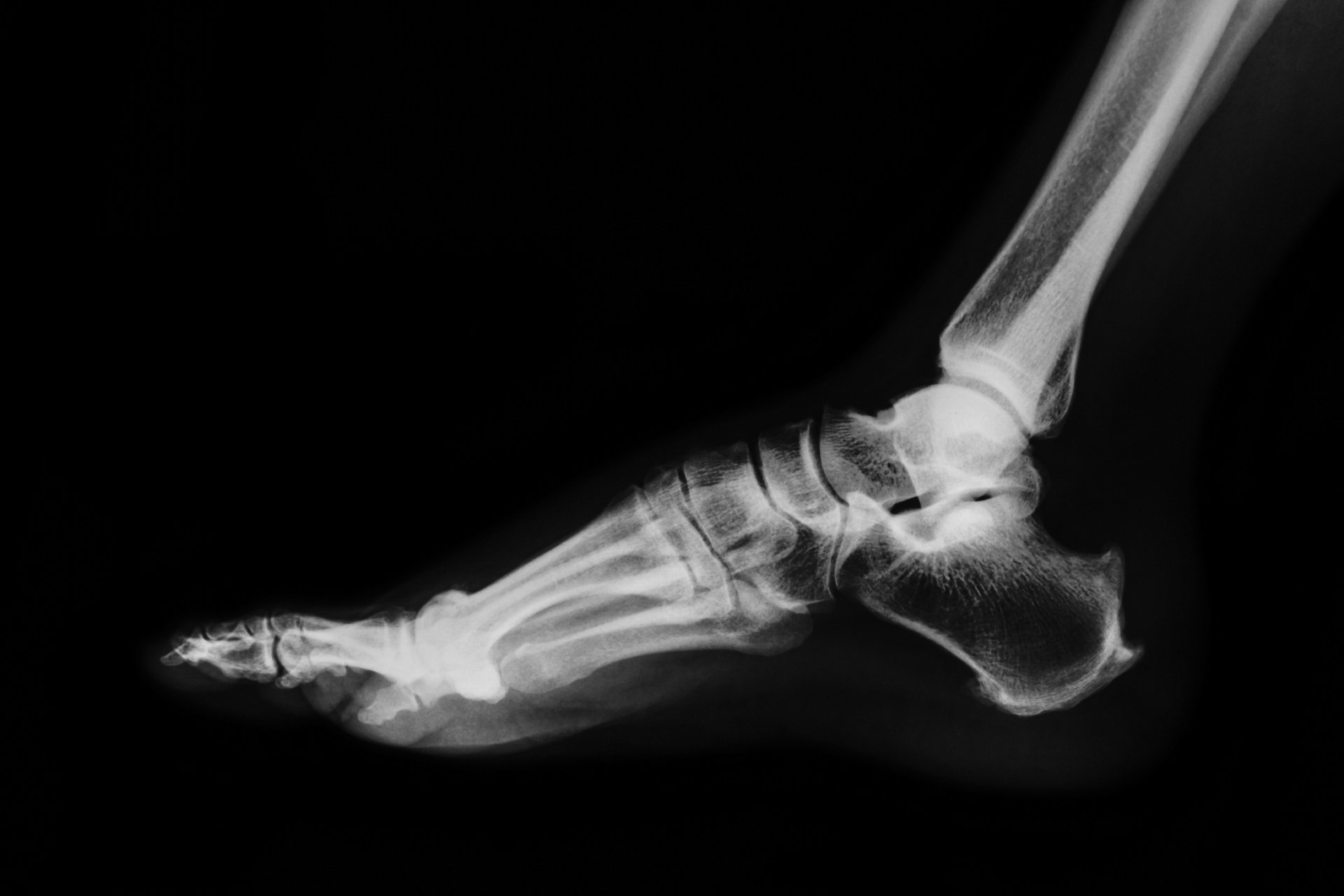Our Clinical Team
You will be cared for by numerous members of our team, working under the direction and supervision of our orthopedic surgeons. We also have the availability of on-site X-ray services and durable medical equipment supplies such as splints, slings and crutches.
Dr. Edwards treats patients in our Cranberry/Mars and North Hills offices. He operates at UPMC Passavant-both Cranberry and McCandless, as well as Western PA Surgery Center.
Dr. Saar treats patients in our Butler-Clearview and Slippery Rock offices as well as a New Castle office once a month. He operates at Butler Memorial Hospital, UPMC Passavant Hospital-Cranberry and UPMC Jameson Hospital.
FAQs
Got a question? We’re here to help.





